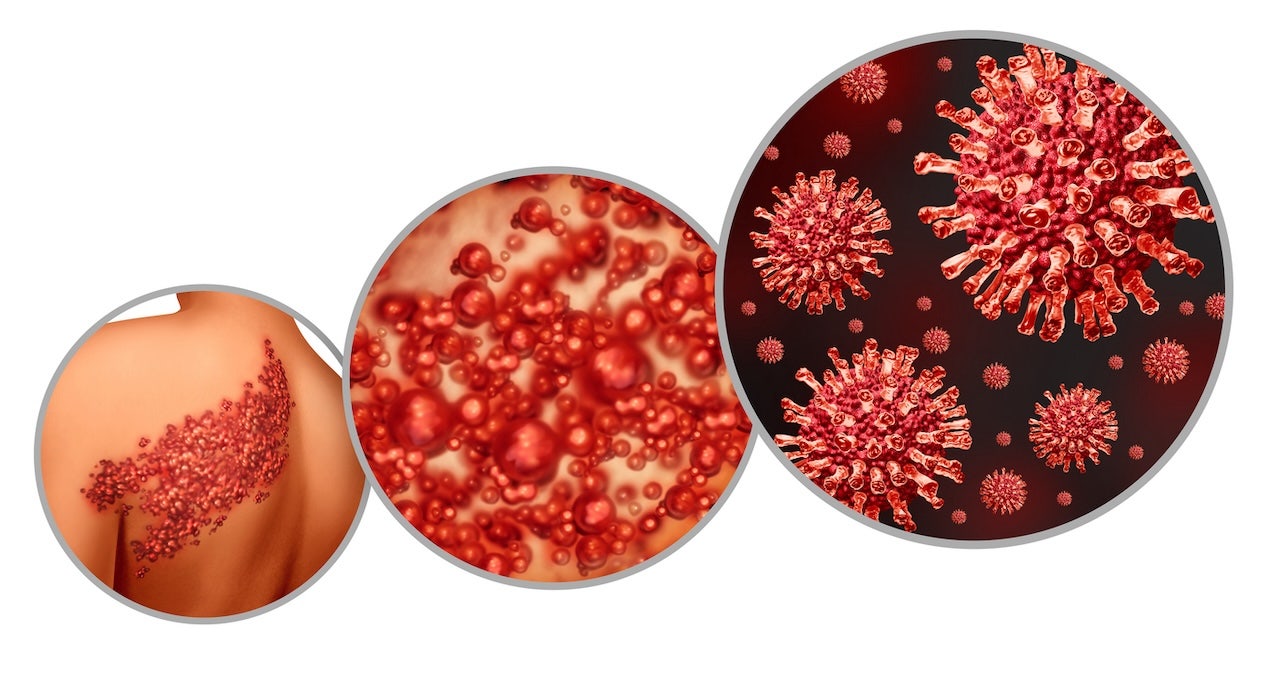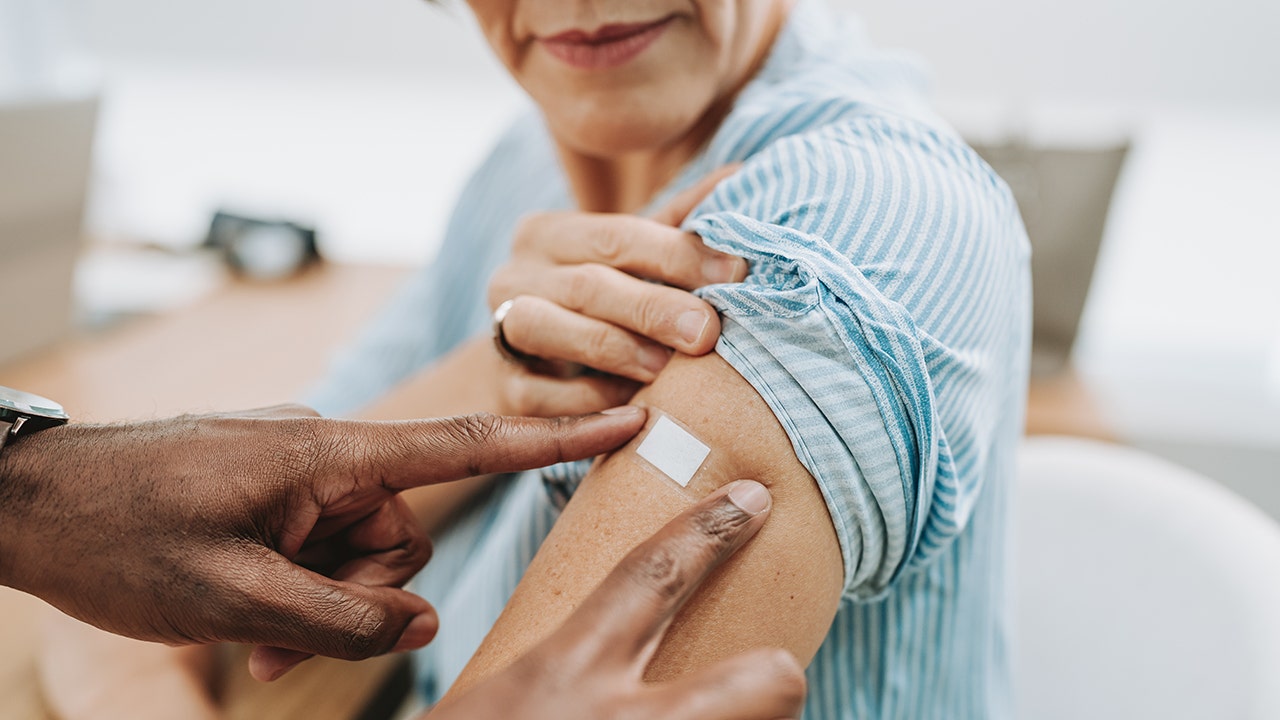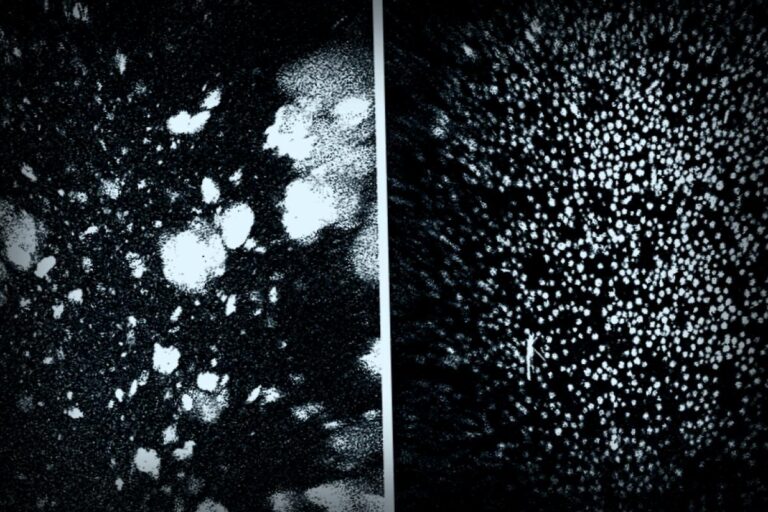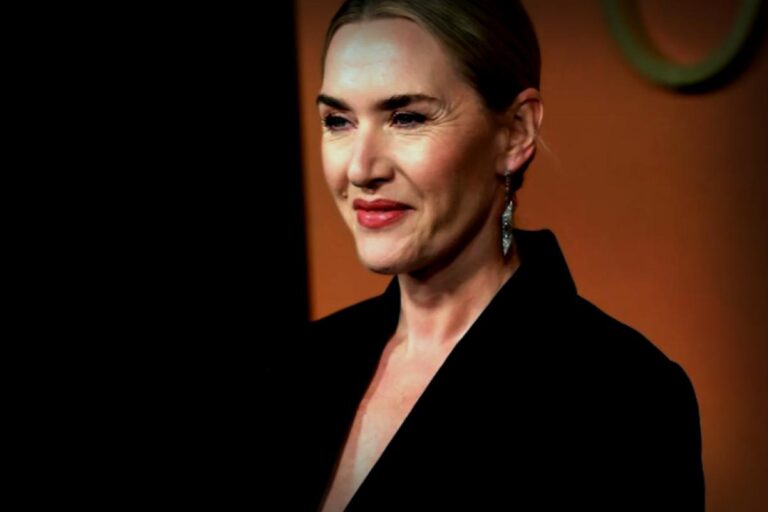Major Update on Shingles Vaccine
The shingles vaccine, primarily designed to prevent the uncomfortable shingles rash which is triggered by the varicella-zoster virus (commonly called herpes zoster), is gaining attention for another significant reason. Recent research indicates that getting vaccinated could remarkably lower the chances of developing vascular dementia.
What the Study Found
Researchers from Case Western Reserve University have identified a link between receiving the shingles vaccine and a reduced likelihood of facing vascular dementia. Not just that, but this vaccine has also shown a substantial decrease in risks related to heart attacks and overall mortality among individuals aged 50 and above.
Where the Findings Were Presented
Experts showcased these findings at IDWEEK 2025 held at the Georgia World Congress Center in Atlanta, gathering some of the top minds of infectious disease fields in the U.S.
Research Details
In their analysis, the study examined health records from around 174,000 adults in the U.S. The participants were tracked after receiving their vaccinations, with follow-ups ranging from three months to seven years.
An Encouraging Outlook
Participants who had been vaccinated experienced nearly half the risk of developing vascular dementia compared to those who hadn’t received the shot. According to the findings from the Infectious Diseases Society of America, vaccination was associated with a 25% decline in the probability of suffering from a heart attack or stroke, a 27% decrease in risk for blood clots, and a 21% reduction in mortality risk.

Implications of Shingles
Ali Dehghani, a presenter of the study and an internal medicine doctor at Case Western Reserve University’s School of Medicine in Cleveland, emphasized that “our study findings indicate that the shingles vaccine could help lower those risks, especially in those already facing a higher likelihood of heart attacks or strokes.”
The Bigger Picture
Experts caution that while these developments are significantly thrilling, and may offer important health benefits, they haven’t definitively proven that vaccination induces these effects. Further research is warranted.

The Actual Risks of Shingles
Shingles can affect one in three Americans, and most people born before 1980 have had chickenpox at some point, according to CDC statistics. Not only does shingles lead to a blistering rash, but it can result in significant complications affecting both cardiovascular and neurological health.
Dehghani added, “Shingles isn’t just a rash—it can elevate the risk for serious heart and brain issues.” The findings in this study extend previous discussions regarding vaccine benefits, hinting at the idea that it might offer extensive benefits for overall health, protecting against not just shingles but also related complications, as suggested by infectious disease professionals.

Recommended Vaccination
While more investigations are necessary, it’s reassuring to know that the shingles vaccine appears to have a connection with substantial health advantages beyond its original purpose. The CDC recommends that adults aged 50 and over receive two doses of the recombinant zoster vaccine (RZV) to cut down on the chances of shingles as well as its complications.
Source: Research Article – Exciting Findings on Shingles Vaccine Health Benefits




















